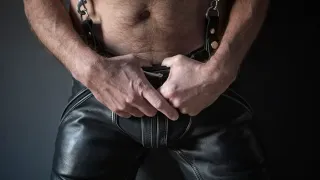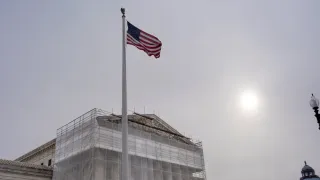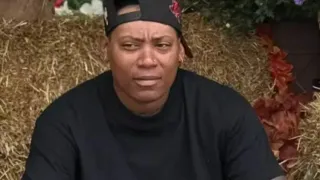November 13, 2018
Consumer Group Releases 'Worst Toys' List for the Holidays
READ TIME: 1 MIN.
A Black Panther "slash claw" and a plastic Power Rangers sword are among the toys topping a consumer safety group's annual list of worst toys for the holiday season.
Massachusetts-based World Against Toys Causing Harm, or W.A.T.C.H., unveiled its list Tuesday at a Boston children's hospital.
A Nerf gun, a Cabbage Patch Kids doll and a xylophone for infants also made the list.
The nonprofit organization's president, Joan Siff, says many of the toys represent choking, eye and other safety hazards that surface year after year.
But the Toy Association, a toy industry trade group, says the annual list is biased and inaccurate. The association says W.A.T.C.H. does not test the toys.
W.A.T.C.H. has been releasing its list for more than four decades.






